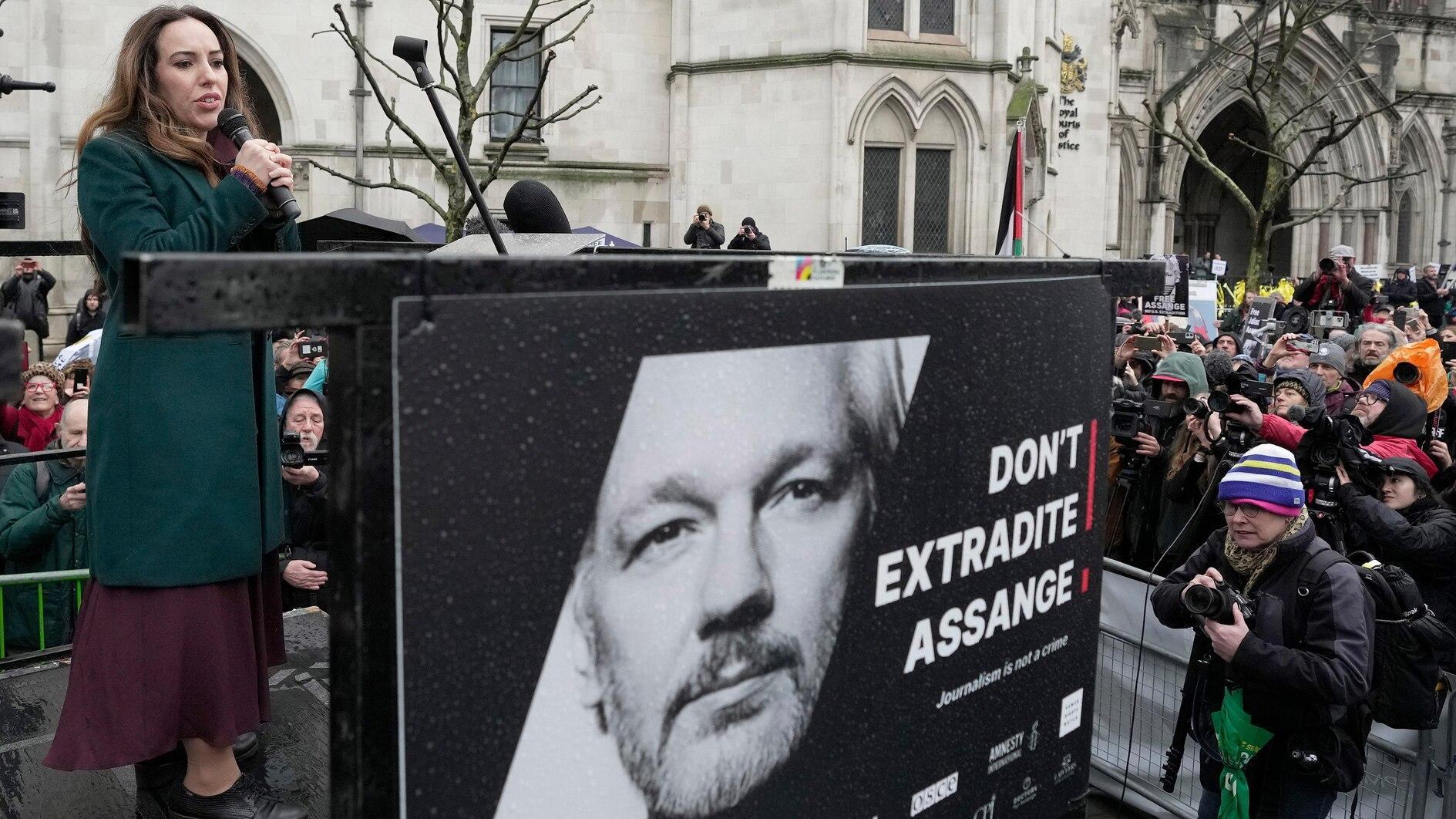UK court delays decision on Assange's last-ditch extradition appeal bid
LONDON

Two U.K. judges on Tuesday delayed a decision on whether to grant WikiLeaks founder Julian Assange a last-ditch appeal against extradition to the United States, giving Washington three weeks to provide "assurances" in the case.
The U.S. wants the 52-year-old Australian citizen to stand trial there for WikiLeaks' publication of hundreds of thousands of secret military and diplomatic files in 2010 relating to the wars in Iraq and Afghanistan.
Attempting to halt the process, he had suffered a string of court losses in the long-running legal saga, which his supporters see as a battle for media freedom.
But following two days of evidence last month, the judges in London said Assange had "a real prospect of success" on three of his nine grounds of appeal.
Victoria Sharp and Jeremy Johnson gave Washington three weeks to provide fresh assurances over concerns he will be prejudiced at trial because he is not an American citizen and that he could face the death penalty if convicted.
"Before making a final decision on the application for leave to appeal, we will give the respondent an opportunity to give assurances," the pair wrote in their 66-page ruling.
"If assurances are not given then we will grant leave to appeal without a further hearing.
"If assurances are given then we will give the parties an opportunity to make further submissions before we make a final decision."
Legal saga
Washington alleges that Assange and others at WikiLeaks recruited and agreed with hackers to conduct "one of the largest compromises of classified information" in U.S. history.
During two days of legal argument in February, lawyers for the U.S. government defended the case on various legal grounds to judges Victoria Sharp and Jeremy Johnson.
Lawyers for Assange submitted that the charges were "political" and that he was being prosecuted "for engaging in ordinary journalistic practice of obtaining and publishing classified information".
They also argued that the decades-long prison sentence he faces if convicted was "disproportionate", and Washington had acted in "bad faith", contravening its extradition treaty with Britain.
Before going to prison, Assange spent seven years holed up in Ecuador's London embassy.
He fled there to avoid extradition to Sweden, where he faced accusations of sexual assault which were later dropped.
The High Court had blocked his extradition, but then reversed the decision on appeal in 2021 after the U.S. vowed not to imprison him in its most extreme prison, "ADX Florence".
It also pledged not to subject him to the harsh regime known as "Special Administrative Measures".
In March 2022, the U.K. Supreme Court refused permission to appeal, arguing Assange failed to "raise an arguable point of law".
Months later, ex-interior minister Priti Patel formally signed off on his extradition.
Assange is now seeking permission to review that decision and the 2021 appeal ruling.
















